In 2016, NFL owners granted permission for the St. Louis Rams and San Diego Chargers to relocate to Los Angeles, a city without an NFL franchise since 1994. Left out of the three-way race were the Oakland Raiders, who were later approved to move to Las Vegas. After taking a year to weigh their options, the Chargers will be playing in Los Angeles for the 2017 season, and so far, the welcome has been chilly at best. According to Los Angeles Times columnist Bill Plaschke, “The Chargers might not even be in the top-five favorite NFL teams in Los Angeles.”
The Chargers’ not-so-warm welcome to the Los Angeles market can change with success on the field. But one player believes the negative reception he’s received can’t be fixed with a playoff berth. According to defensive end Brandon Mebane, several black players are having a hard time finding housing. “Some owners in the suburbs we were visiting did not want us living in their house,” Mebane wrote on his blog.
Mebane and several other Charger players have been looking for residences near the Chargers’ new training facility in Costa Mesa, California, in Orange County. Unlike progressive, diverse Los Angeles County to the north, the “O.C.” is best known as one of the few conservative hot spots in California — and a place where black people are virtually nonexistent. Mebane and his family decided on renting a home in nearby Irvine. Irvine is the largest city in the U.S. with an Asian plurality which accounts for 45% of the population, while black residents are only 1.8%.
Mebane and his wife turned in their rental application, sweetened by an offer to put up the first six months in advance. The couple had a credit score in the 800s, and Mebane is in the second season of a $13.5 million deal. But a few days later, they were denied because another applicant had a credit score four points higher. “When your credit score is in the 800s, it’s pretty much a wash. But you can’t tell a person they can’t come in your neighborhood because they’re black; that’s against the law,” Mebane told the Daily News. “They don’t actually say those types of things. But they’ll point out things like those four points. The neighborhood was brand new. There were no black families there.”
According to his blog, many of Mebane’s teammates are dealing with the same type of discrimination. “Some other black teammates were having trouble getting owners to rent to them, too,” he wrote. “A teammate in the same situation offered to pay A YEAR upfront and was denied. One landlord even changed the requirements on another teammate after his family submitted their application so that they would no longer be eligible.”
Despite the frustrating discrimination in Orange County, as a native of Los Angeles, 40 miles to the north, Mebane is still happy to be back where he grew up. “My football career started at Crenshaw High in South Central LA nearly twenty years ago,” he blogged. “I spent my first 18 years in the same neighborhood. Coming home feels great after living away for so long.”







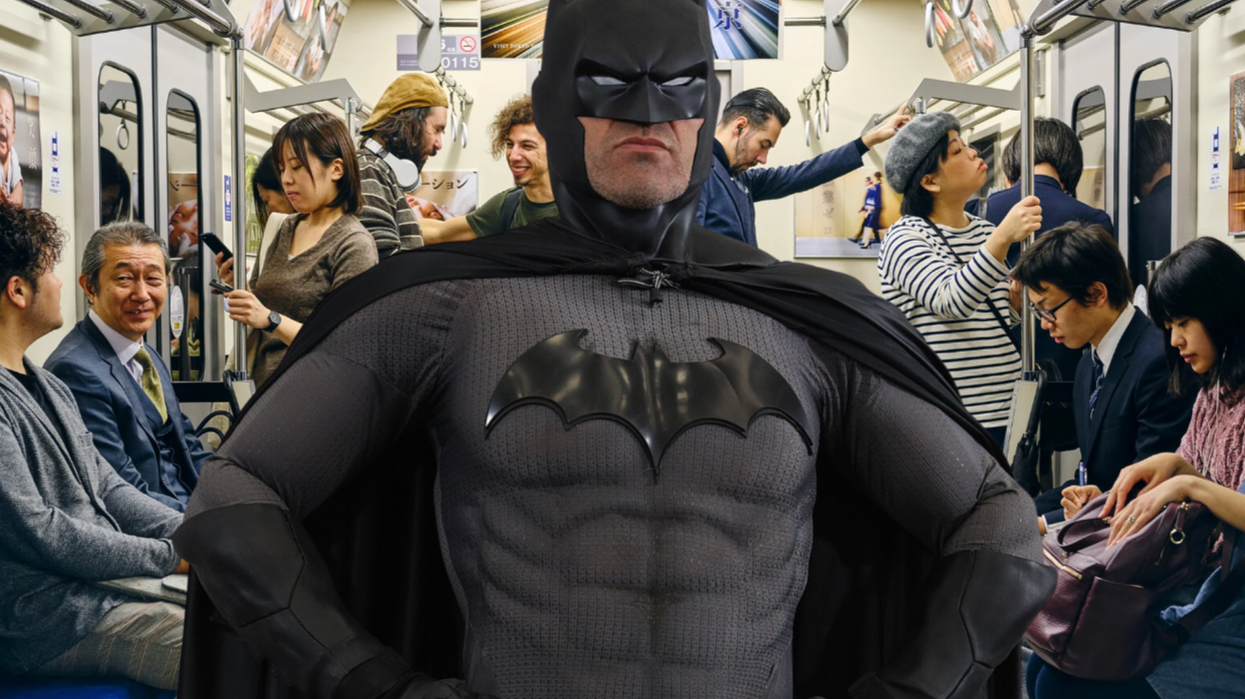









 Gif of Bryan CRanston being angry via
Gif of Bryan CRanston being angry via 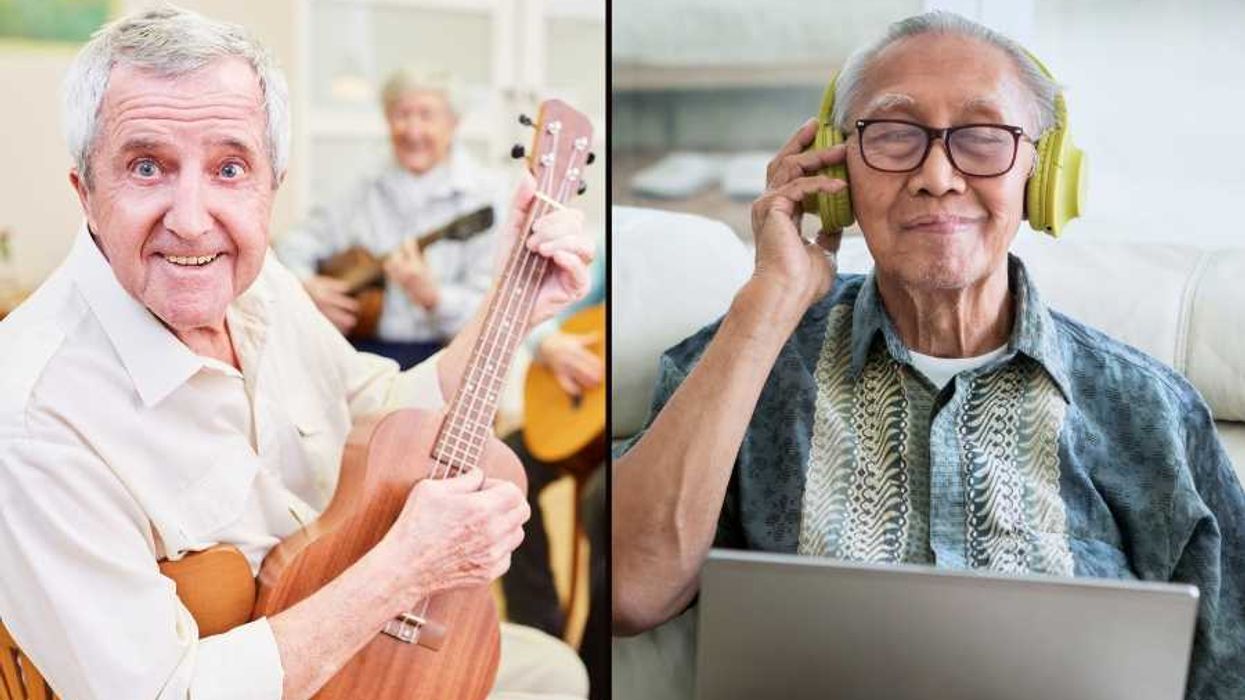


 Hungry and ready.Photo credit
Hungry and ready.Photo credit  The mac and cheese staple presentation.Photo credit
The mac and cheese staple presentation.Photo credit  Pizza ready from the oven.Photo credit
Pizza ready from the oven.Photo credit  Friends hover around the barbeque.Photo credit
Friends hover around the barbeque.Photo credit  Seafood platter on the beach.Photo credit
Seafood platter on the beach.Photo credit  Scarecrow watches over a vegetable garden.Photo credit
Scarecrow watches over a vegetable garden.Photo credit 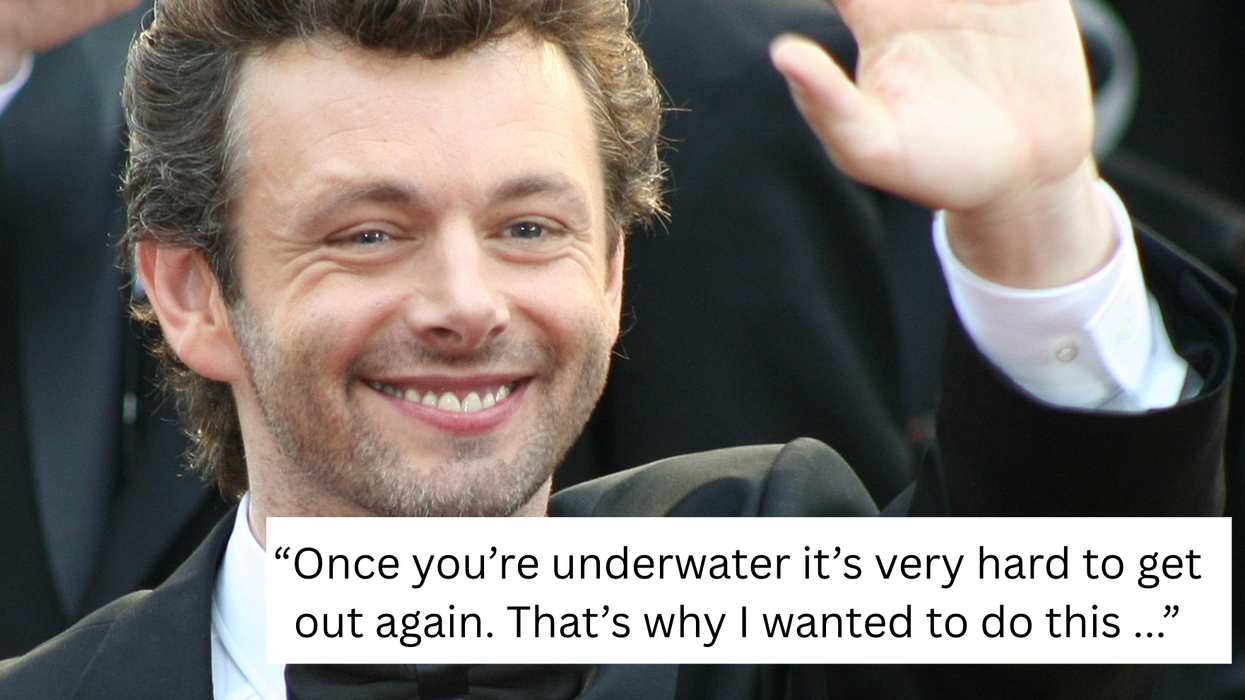
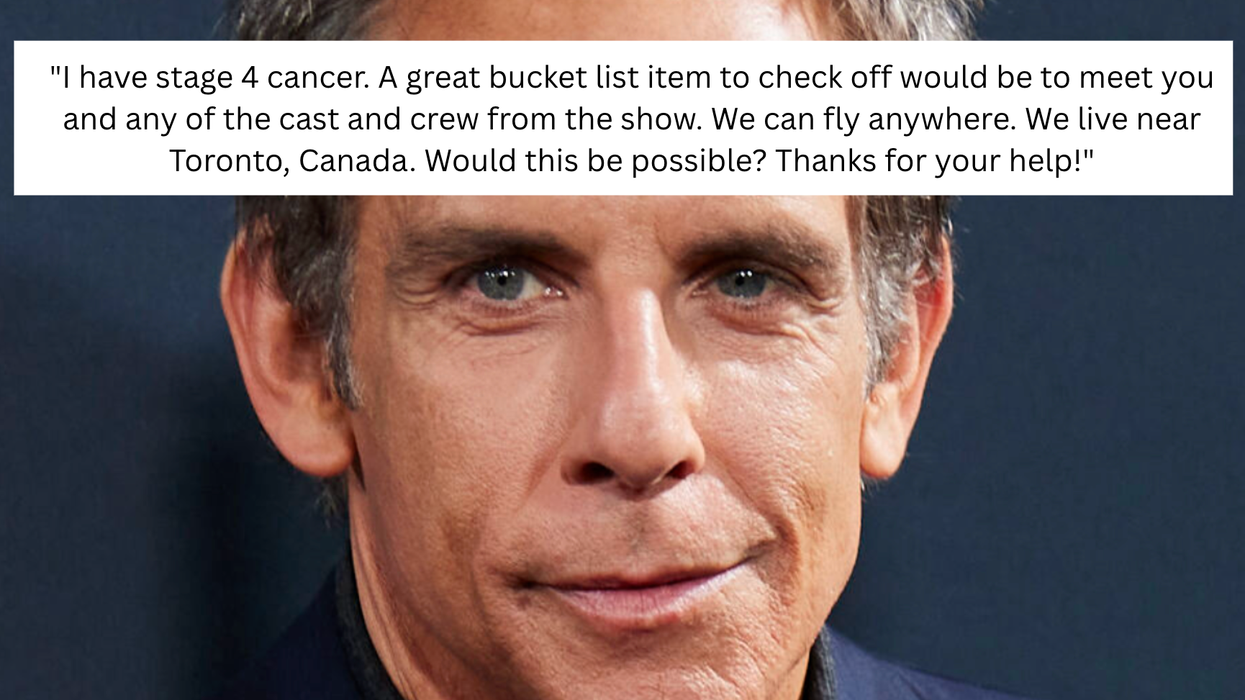

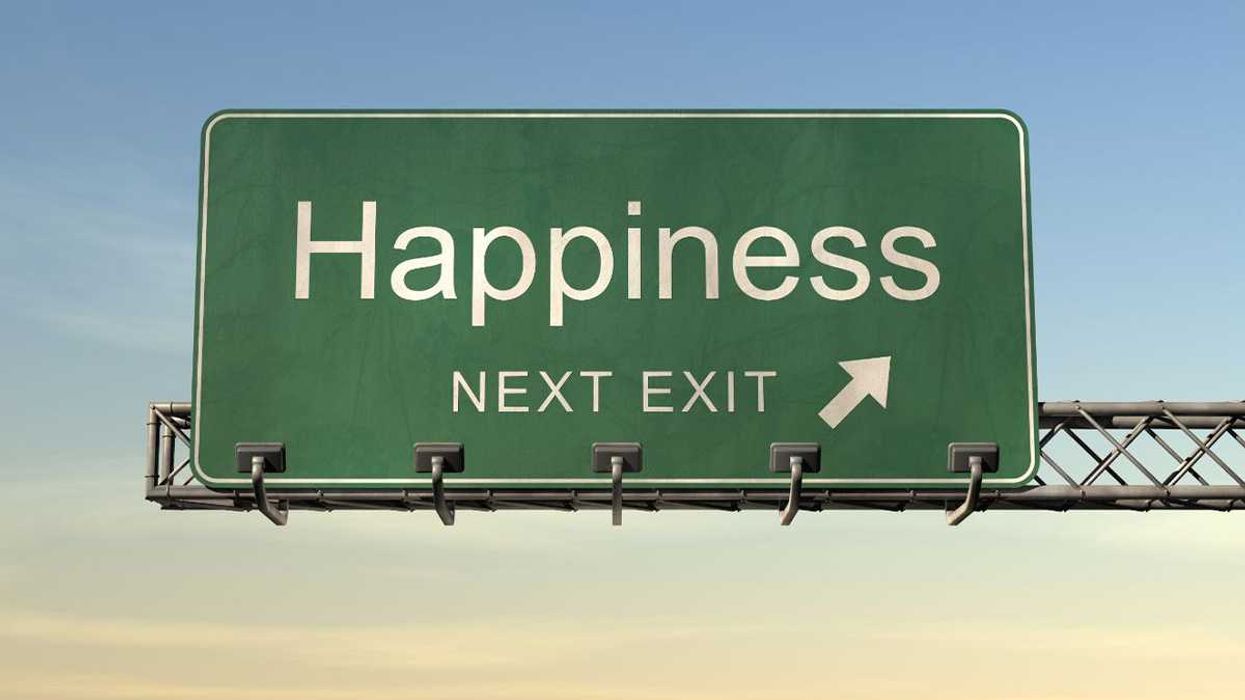 Happiness next exit.Photo credit:
Happiness next exit.Photo credit:  Butterflies in a flower patch.Photo credit:
Butterflies in a flower patch.Photo credit:  Happy running doggie.Photo credit:
Happy running doggie.Photo credit: 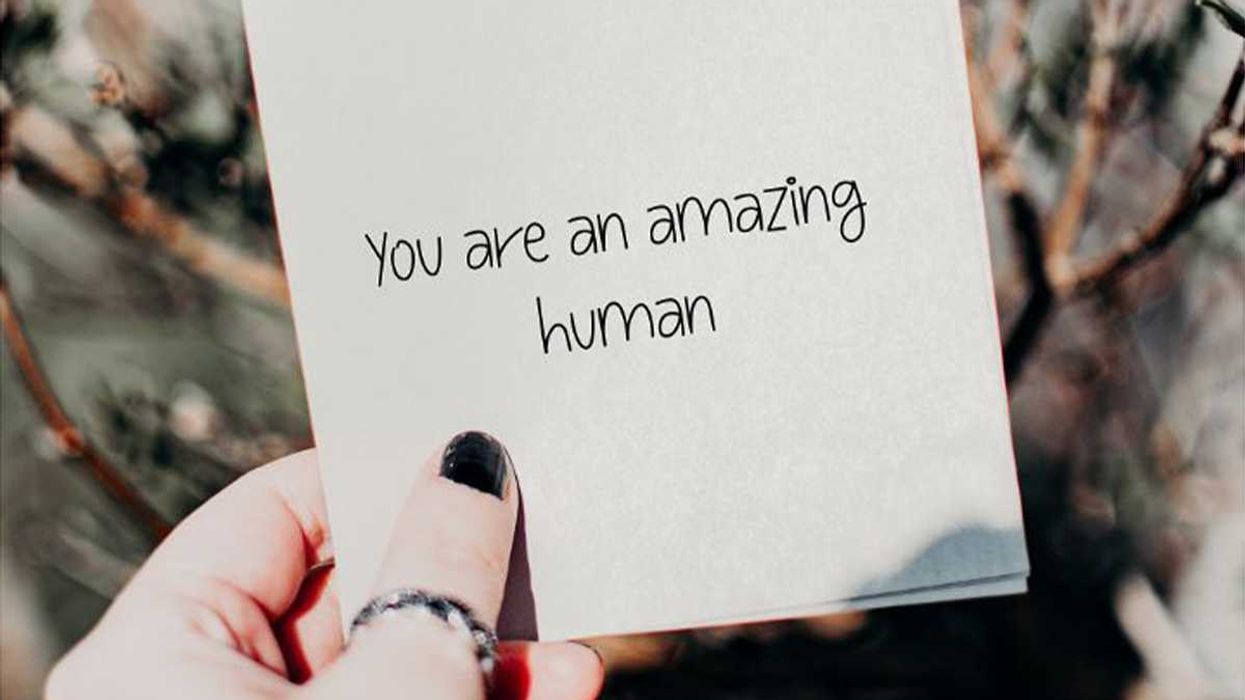 Positive confirmation.Photo credit:
Positive confirmation.Photo credit:
Will your current friends still be with you after seven years?
Professor shares how many years a friendship must last before it'll become lifelong
Think of your best friend. How long have you known them? Growing up, children make friends and say they’ll be best friends forever. That’s where “BFF” came from, for crying out loud. But is the concept of the lifelong friend real? If so, how many years of friendship will have to bloom before a friendship goes the distance? Well, a Dutch study may have the answer to that last question.
Sociologist Gerald Mollenhorst and his team in the Netherlands did extensive research on friendships and made some interesting findings in his surveys and studies. Mollenhorst found that over half of your friendships will “shed” within seven years. However, the relationships that go past the seven-year mark tend to last. This led to the prevailing theory that most friendships lasting more than seven years would endure throughout a person’s lifetime.
In Mollenhorst’s findings, lifelong friendships seem to come down to one thing: reciprocal effort. The primary reason so many friendships form and fade within seven-year cycles has much to do with a person’s ages and life stages. A lot of people lose touch with elementary and high school friends because so many leave home to attend college. Work friends change when someone gets promoted or finds a better job in a different state. Some friends get married and have children, reducing one-on-one time together, and thus a friendship fades. It’s easy to lose friends, but naturally harder to keep them when you’re no longer in proximity.
Some people on Reddit even wonder if lifelong friendships are actually real or just a romanticized thought nowadays. However, older commenters showed that lifelong friendship is still possible:
“I met my friend on the first day of kindergarten. Maybe not the very first day, but within the first week. We were texting each other stupid memes just yesterday. This year we’ll both celebrate our 58th birthdays.”
“My oldest friend and I met when she was just 5 and I was 9. Next-door neighbors. We're now both over 60 and still talk weekly and visit at least twice a year.”
“I’m 55. I’ve just spent a weekend with friends I met 24 and 32 years ago respectively. I’m also still in touch with my penpal in the States. I was 15 when we started writing to each other.”
“My friends (3 of them) go back to my college days in my 20’s that I still talk to a minimum of once a week. I'm in my early 60s now.”
“We ebb and flow. Sometimes many years will pass as we go through different things and phases. Nobody gets buttsore if we aren’t in touch all the time. In our 50s we don’t try and argue or be petty like we did before. But I love them. I don’t need a weekly lunch to know that. I could make a call right now if I needed something. Same with them.”
Maintaining a friendship for life is never guaranteed, but there are ways, psychotherapists say, that can make a friendship last. It’s not easy, but for a friendship to last, both participants need to make room for patience and place greater weight on their similarities than on the differences that may develop over time. Along with that, it’s helpful to be tolerant of large distances and gaps of time between visits, too. It’s not easy, and it requires both people involved to be equally invested to keep the friendship alive and from becoming stagnant.
As tough as it sounds, it is still possible. You may be a fortunate person who can name several friends you’ve kept for over seven years or over seventy years. But if you’re not, every new friendship you make has the same chance and potential of being lifelong.